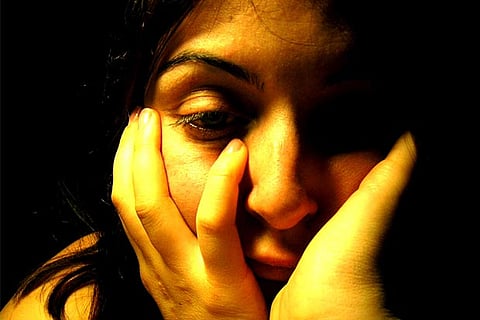

Chennai
According to the National Commission on Macro Economics and Health, between 6 and 7 percent of people in the country – around 70 to 80 million – suffer from a significant mental ailment and require some form of treatment. The bill offers right to access mental health care.
What this means is that the government will provide free out-patient consultations in every district, for young and old. Half the districts in the country do not have mental health programmes, and once the bill goes through, this will change. Free treatment, is envisaged in the bill, whereby essential drugs will be made available, free of cost.
The universal health care provision apart, the draft bill emphasises that mental illness is like physical illness. These provisions are the biggest drivers for the draft bill. The approach to treatment is more participatory, with district board officials, a judicial panel as well as fair representation of users and care givers, besides medical professionals. Another significant term of the draft bill is about the right to community living, where the mentally ill are not segregated, but are encouraged to live in their homes and communities. A landmark provision is the one that deals with the right to consent. Currently, a mentally ill patient’s consent is not required for a doctor to treat him or her.
However, the draft bill empowers a person to leave a testament stating the do’s and don’ts, in case they fall ill and lose their mental balance. These are all significant changes, very scientific, from the existing Act which merely defines mental illness as what is diagnosed and treated by a psychiatrist. It was introduced in the Lok Sabha in this session.
Stake holders are happy that finally the nation is marching towards a Mental Healthcare Bill that is centred around those most affected – the mentally ill. This also seeks to align the country with the advanced nations in the field of health care for the mentally ill and fulfils its obligation as a signatory to the UN convention on rights of Persons with Disability.
In 2010, officials in the Health Ministry, realising that the existing laws were not complaint with the UN standards, examined the viability of bringing in amendments, but found that such changes would be larger than the existing Act itself, said a medical officer, who did not wish to be named, and who was part of the team that worked on the draft bill.
In 2011, the Health Ministry agreed to draft a new Mental Healthcare Bill, around the same time that the Ministry of Social Justice and Empowerment sought to amend the Persons with Disabilities Act. “It is a good thing that the government kept both the ministries in the loop, it made the work of activists, coordinators and other stakeholders easier,” said the medical officer.
“We went through a process of regional and national consultations, and a number of people wrote in on what they wanted,” he added. The real challenge was not in the feedback or information, but in the fact that one group of people wanted an idealistic resolution, almost Utopian in nature, while the other group was more grounded and wanted the new Bill to reflect the ground reality, and balancing the two was a challenge.
Visit news.dtnext.in to explore our interactive epaper!
Download the DT Next app for more exciting features!
Click here for iOS
Click here for Android